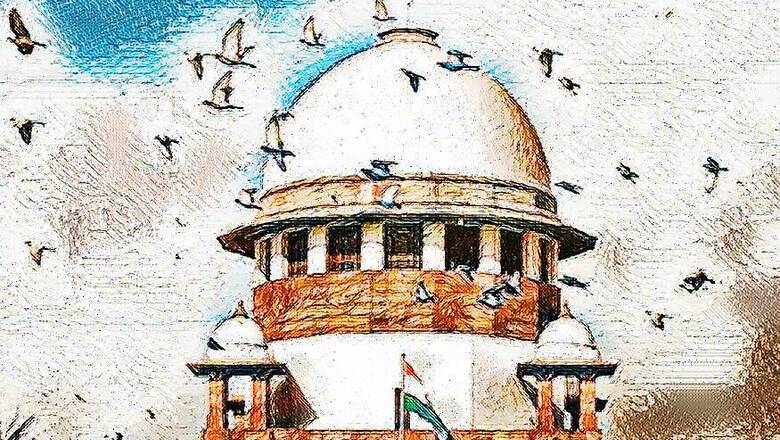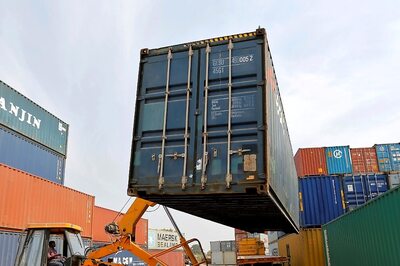
views
New Delhi: A three-judge bench of the Supreme Court, headed by Chief Justice of India Dipak Misra, recently ruled that an agriculturist paralysed in an accident should get Rs 4,000 as monthly income.
Dealing with an appeal from a paralysed accident victim to enhance compensation awarded, the SC stated that considering the victim suffers from traumatic paraplegia and had paralysed lower limbs, “The monthly income should be taken at Rupees four thousand (sic).”
On September 24, 2005, the 28-year-old agriculturist was attending an event where a tractor demonstration was being held. The driver, however, lost control of the vehicle and ended up seriously injuring the agriculturist.
When the victim approached the High Court for enhancement of compensation, it was set aside.
The Supreme Court bench, also comprising Justices AM Khanwilkar and Dr DY Chandrachud, has now ruled that since the victim “suffers from traumatic paraplegia and was hospitalised for 42 days” and that he had “100% disability,” his monthly income “should be taken to Rs 4,000.”
The appellant had claimed a compensation of Rs 25 lakh and stated that his monthly income was Rs 10,000. However, the tribunal set his claim aside as there was no “cogent proof” and that he belonged to a “family of agriculturists which has a land holding of 5 acres and 25 gunthas.”
The case began with a High Court verdict which allowed the appeal of an insurer and did not enhance the compensation awarded to the appellant.
The initial medical records showed that the victim had suffered paraplegia with a compression fracture. He was permanently immobilized, wheel-chair bound, and required artificial support for bladder and bowel evacuation. The lower portion of his body was completely paralysed.
Dr Jayaprakash, who treated him, stated that the “disability of the appellant is 100 per cent since both his lower limbs have been paralysed resulting in loss of bladder and bowel control.”
The Supreme Court however enhanced the total compensation granted by the tribunal. The tribunal had ordered a total compensation of Rs 8,60,000, but the Supreme Court increased it by another Rs 1, 20,000 due to the “to the serious nature of the disability”.




















Comments
0 comment